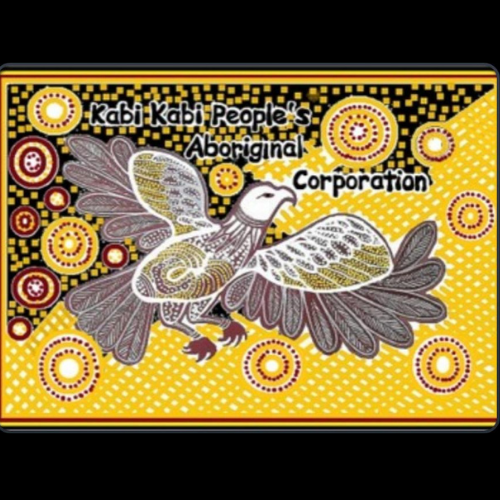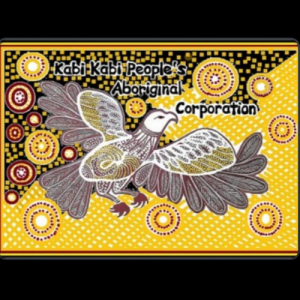Our People
There are 229 Kabi Kabi First Nation Traditional Owner claim group members. At the October 2016 authorisation meeting, there were over 60 claim group members in attendance. The members of the Kabi Kabi claim group live all over Queensland, with higher populations in Gympie, Cherbourg and Murgon.
The Kabi Kabi Peoples story since white invasion has been of resistance and persistence. Dundalli is a famous resistance fighter, born in around 1820 in the Blackall Ranges and moving to Bribie Island, Dundalli was implicated in armed resistance in the country north of Brisbane throughout the 1840s. He evaded capture for 14 years until 1854 when he was caught and was tried and hung in Brisbane 1855. This was the last official public execution in Queensland.
From the 1850s to the 1890s the land of the Kabi Kabi People was increasingly encroached by white invaders. Extra-judicial killing by the Native Police, starvation and disease, lead to Kabi Kabi People taking refuge at large stations and in the town of Brisbane. In 1877, a reserve for Aboriginal People was established at Durundur Station near the present day town of Woodford. As many as two hundred people camped there and it remained an epicentre of Kabi Kabi community until 1905, when it was closed and the inhabitants were sent to Barambah Station, later called Cherbourg, close to the north western part of Kabi Kabi country.
In the 1890s the situation changed dramatically. Many Kabi Kabi People were successful in remaining on country by either marrying into the white or Islander communities or working on stations in the rail and timber industries. However, with the passing of the Aboriginals Protection and Restriction of the Sale of Opium Act 1897 in Queensland, there began a systematic process of removing Aboriginal people and their children from the land and placing them in government missions.
Life under the act was highly regimented and restricted. On these missions people had to ask for permission to do almost anything; marry, travel, have visitors, work, access funds. Life outside the missions was also fraught with many living in constant fear that they or their children might be taken away on the slightest pretext.
The mission years lasted from the early 1900s to the 1960s. As soon as there was the ability to do so Kabi Kabi People sought greater autonomy, self-determination and fought in the streets and courts for their rights. Rights to land, to stolen wages and to reunite with their stolen children and culture. In 1993 the Native Title Act 1993 (Cth) was passed and within two years of its passage the first Native Title Claim on behalf of Kabi Kabi People was lodged.
Over the following decades, claims were lodged and dismissed until in 2013 the Kabi Kabi First Nation People lodged a claim over their lands to have their ongoing native title rights recognised.

